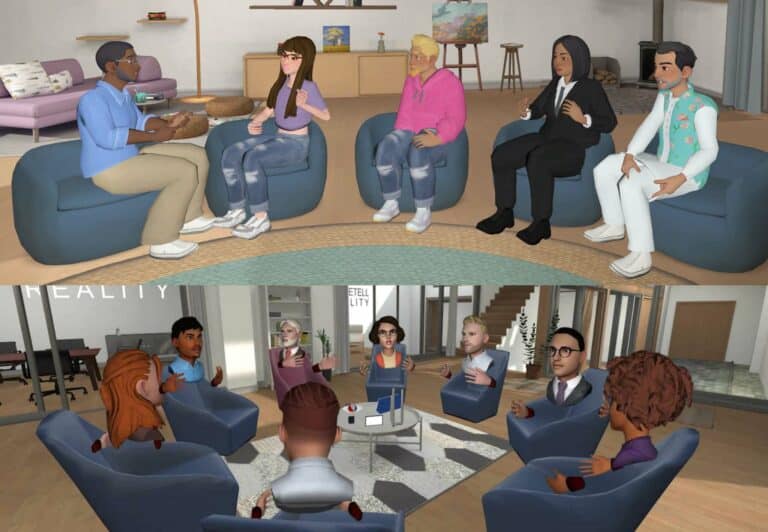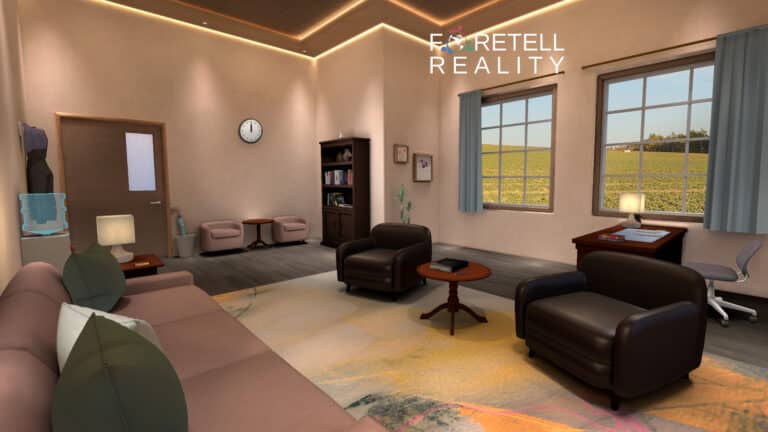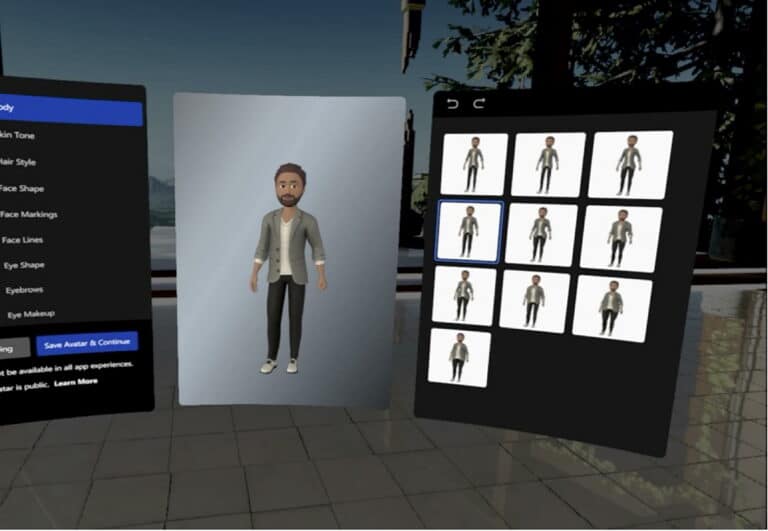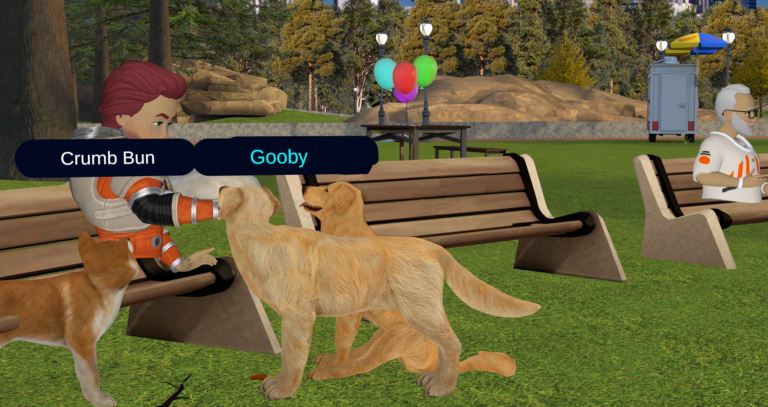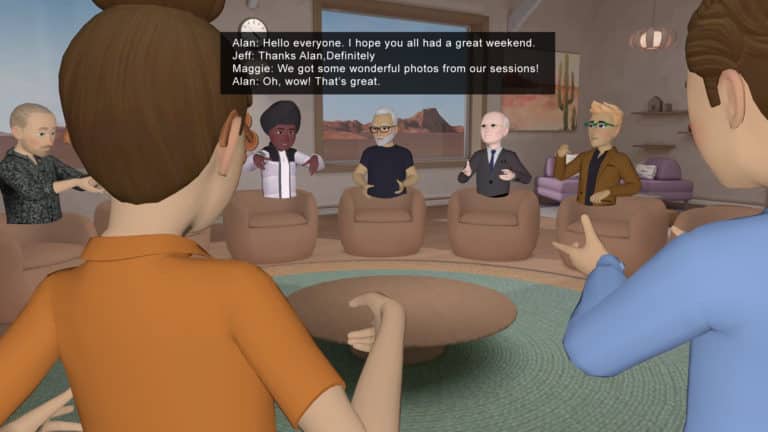Role-play is an integral part of a child’s development and a potent tool for the continuation of skill acquisition and honing long into adulthood. Because it allows participants to learn, not by reading a book or listening to a lecture, but by actually doing and practicing, role-play is experiential learning – an accelerated learning method. Medical students, teachers, and in more recent years, managers, have all benefited from role-play scenarios. Coaching managers using role-play scenarios helps them to build skills through rehearsal and direct feedback.
Effective managers require competence in many areas with communication as the common denominator across the skillset. Considering that the number one reason employees cite for leaving a position is the relationship with their manager, investing in management coaching is paramount for retention. All types of communication can be rehearsed in role-play scenarios, but of particular significance is navigating difficult conversations, such as delivering a negative performance review. Difficult conversations are inherently uncomfortable for most people, and thus are often avoided or rushed in order to minimize discomfort. Role-play is a type of exposure that desensitizes the participants’ fear and anxiety to engage in conflict, thereby facilitating more productive conversations.
Given the global nature of modern companies, it often isn’t feasible for an executive team or for regional managers to gather in one place for management coaching. This difficulty has been further exacerbated by the COVID-19 pandemic. And there is an evolving trend of companies offering employees a work-from-home or hybrid (remote/office) model to attract sought-after candidates. Virtual Reality (VR) coaching offers a unique solution: through multi-participant VR simulations, teams can gather in an immersive space, such as a boardroom, without needing to leave their homes.
Coaching in VR is not just logistically convenient, but it offers features that are not possible with in-person coaching. Foretell Reality’s platform allows users to build their own avatars. This can be an empowering experience but also allows participants to switch roles easily. By choosing a different avatar and playing the role of the employee on the receiving end of a negative performance review, managers can stand in the (virtual) shoes of the employee, thus increasing their capacity for empathy. They can understand what it feels like when feedback is indirect and vague, for example.
Another unique feature Foretell offers is a playback “hologram”. Role-play scenarios can be recorded and participants are given the opportunity of observing their avatar following the exercise. Rather than a coach giving feedback regarding lack of eye contact, for example, the participant can actually observe her avatar avoiding direct gaze, perhaps by looking down or to the side. In fact, Foretell’s software can even measure the amount of eye contact during conversations. Through watching the hologram recording, participants can more objectively observe their behavior. They might be surprised to observe that they came across as rather aggressive through their hand gestures or tone of voice. Having these epiphanies through direct observation is more powerful than hearing the feedback second-hand from a coach. Of course, the coach can play an instrumental role by helping the participant process their observations and imparting helpful guidance for the next practice round.
Additional features include a personal tablet for each avatar that is not viewable by other participants. This creates a potential for dynamic role-play scenarios wherein each participant has an objective that they need to achieve during the exercise. The tablet may contain information about their role-play partner, perhaps related to their background and performance issues. The coach has the ability to change an objective at any point during the scenario. Additionally, Foretell’s VR software includes a “whisper” feature that allows a coach to speak to one of the participants, and only that participant can hear the feedback. In the middle of a heated scenario, a coach might whisper a tactic to help diffuse tension, for example.
The potential for virtual reality coaching is limitless. It does not require travel or other logistical hurdles. Rather, managers can be instantly transported to a shared space with a coach, to build the confidence and skills needed to be more effective managers. Foretell Reality’s features create the perfect environment for creative role-plays and instant feedback.



